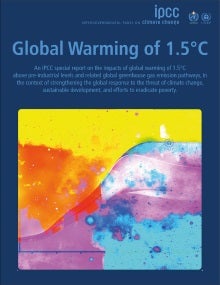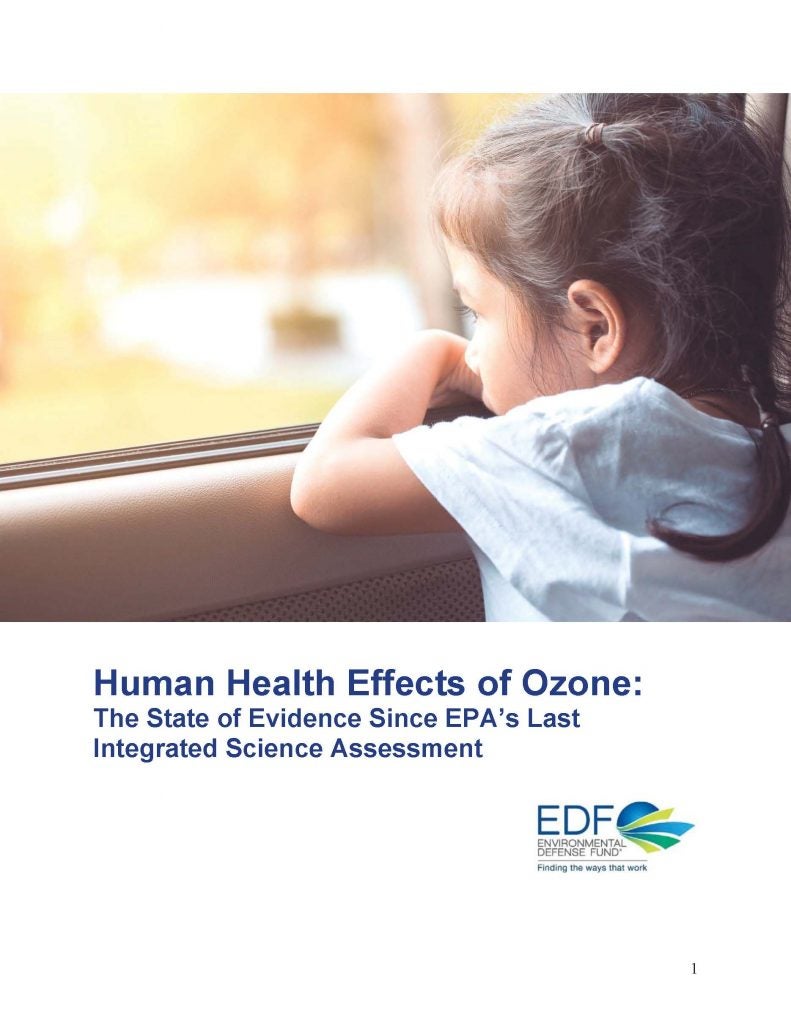
Earth as seen from a NOAA weather satellite. Photo: NASA
The Trump administration is reportedly expanding its dangerous plan — originally proposed by former Administrator Scott Pruitt — to limit the scientific evidence that the agency can consider when establishing public health protections.
According to a story in the New York Times today, the new proposal will be even more damaging than Pruitt’s version – which was flatly illegal and would have left Americans more exposed to dangerous contaminants in the air we breathe, the water we drink, and the products we use.
The original proposal was based on failed congressional legislation whose sponsor “pitch[ed]” the idea to former EPA Administrator Scott Pruitt. But newly released public documents show that the origins of the “censored science” proposal are more cynical than we knew.
EDF sued to obtain the public records after EPA violated the Freedom of Information Act (FOIA) by not releasing them, with Earthjustice representing us in the litigation.
The new public records reveal just how explicitly Trump’s EPA is attempting to defy Congress by implementing its “censored science” policy through administrative rulemaking. It turns out that – from the beginning – EPA’s overt goal was to implement the same damaging ideas that the Senate refused to pass. Read More










 Climate change is an urgent threat and we must overcome significant hurdles to address it — beginning with the reckless polices of the Trump administration.
Climate change is an urgent threat and we must overcome significant hurdles to address it — beginning with the reckless polices of the Trump administration. Co-escrito por
Co-escrito por